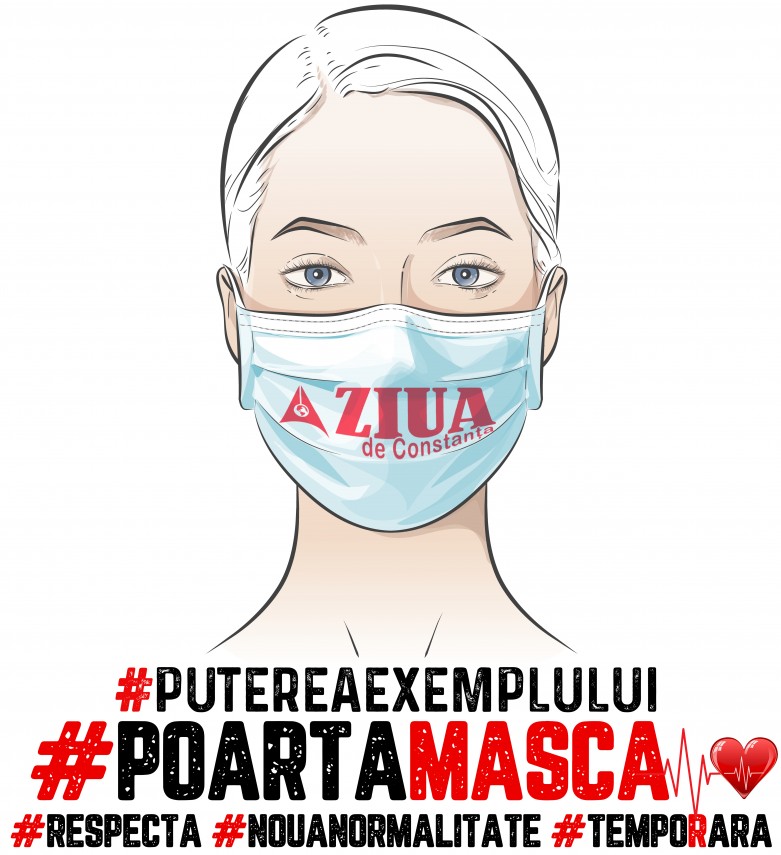
[ad_1]

October 28th World Health Organization Celebrates “International Influenza Awareness Day”. Over the years, this international day has been devoted to complex international campaigns, drawing attention to influenza virus infection.
The main objective of this campaign is to build on the progress made in the previous year’s campaign and aims to distribute specific materials and messages on this topic. The importance of vaccination of risk groups is emphasized: pregnant women, the elderly, health workers, patients with chronic pathology.
The flu is an infectious disease caused by a flu virus. Symptoms can be mild or severe. The most common symptoms are: fever, nasal congestion, sore throat, body aches, headache, cough, sneezing and fatigue. These symptoms usually occur within two days after exposure to the virus and last less than a week. However, the cough can last for more than two weeks. Diarrhea and vomiting may also occur in children, but these are rare in adults. Diarrhea and vomiting also occur with gastroenteritis, a disease not related to the flu, and can be mistakenly associated with the flu. Complications of influenza include viral pneumonia, second bacterial pneumonia, sinusitis, but also worsening of existing medical conditions, such as asthma or heart failure.
Frequent hand washing reduces the risk of spreading the virus. Wear a surgical mask from a sick person can also reduce the risk of spread. Annual flu vaccination is recommended by World Health Organization for those at high risk. The vaccine is effective against three influenza virus subtypes, of the four subtypes, and is generally well tolerated by the body. Vaccination for one year may not be effective the following year because the virus evolves very quickly. Antiviral drugs can be used to treat flu, writes wikipedia.org.
It is clear that this coronavirus pandemic has changed us all, from small to large.
A pandemic is, in itself, a significant event, whether we are directly involved, on the front line, in the hospital, in direct contact with patients, or if we are further away from them, isolated in our homes. This type of event carries a fantastic emotional load, sometimes difficult to control, with psychological repercussions. All states are exacerbated. Undoubtedly, there is a constant worry about the future, about how our lives may be affected, an irrational fear of others, that it might make us sick.
The government of Romania launched a spot in the campaign to fight the new coronavirus. The message changes and no longer follows the central impulse “Wear a mask.” The main message of the commercial is “We are isolating the virus!” In the clip there are several sequences in which we are urged to follow some basic rules, to stop the spread COVID-19.
The advertisement tells us to “wash our hands”, “avoid hugs and handshakes”, use “card payment” and avoid “contact with common areas”.
It is also advisable to disinfect our hands as often as possible and to have the phone screen as sanitized as possible.
The same message – “Put the virus in isolation” – was adapted for radio and online advertising.
Previously, the government campaign launched two commercials, both with the message “Put on a mask, show you care”. In one he taught us how to wear a mask effectively, and in the second we presented different social categories of people, all wearing masks to protect themselves from the virus.
.
[ad_2]
Source link